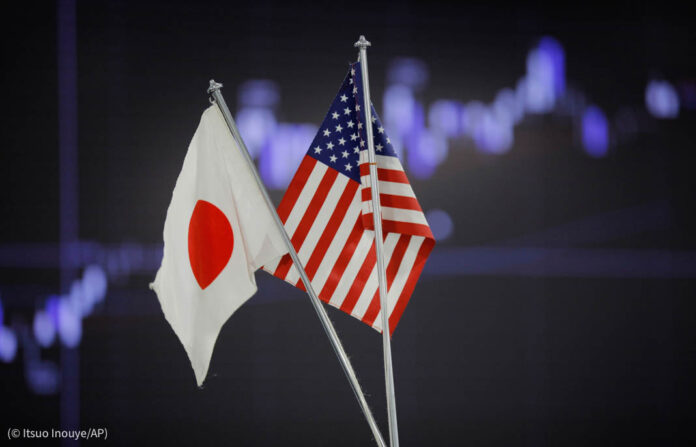Japan’s chief trade negotiator said on Tuesday that any trade agreement with the United States must include tariff relief for the country’s automobile sector, following President Donald Trump’s announcement of 25% tariffs on Japanese goods starting August 1.
Ryosei Akazawa said Japan would not rush a deal to meet the new U.S. deadline and emphasized that protecting the auto industry remains a top priority. “There’s no point striking a deal with the U.S. without an agreement on automobile tariffs,” Akazawa told reporters.
He said Japan would not compromise its agriculture sector to reach an early agreement and noted that the two sides are working on a broader package covering trade, non-tariff issues, and economic security.
Akazawa spoke after a 40-minute phone call with U.S. Commerce Secretary Howard Lutnick, during which both sides agreed to continue talks actively. Trump has signaled he may delay the August 1 deadline if countries make acceptable proposals.
He signed an executive order on Monday pushing back the original July 9 deadline.
The tariff uncertainty pushed the dollar to a two-week high of 146.44 yen as traders lowered expectations that the Bank of Japan would move toward an interest rate hike in its July 31 report.
Finance Minister Katsunobu Kato said Tuesday there are no current plans to hold talks on exchange rate issues with U.S. Treasury Secretary Scott Bessent.
Japan failed to reach a deal before the initial July 9 deadline, focusing instead on removing auto tariffs. With upper house elections set for July 20, Prime Minister Shigeru Ishiba has said Japan will not offer quick concessions to the U.S.
Polls suggest Ishiba’s coalition may not hold its majority in the upper house, which could further complicate trade discussions.
The new U.S. tariffs come as Japan’s economy struggles, with GDP shrinking in the first quarter. Economists say the tariffs could cut 0.7 percentage points from annual growth and raise the risk of recession.
























